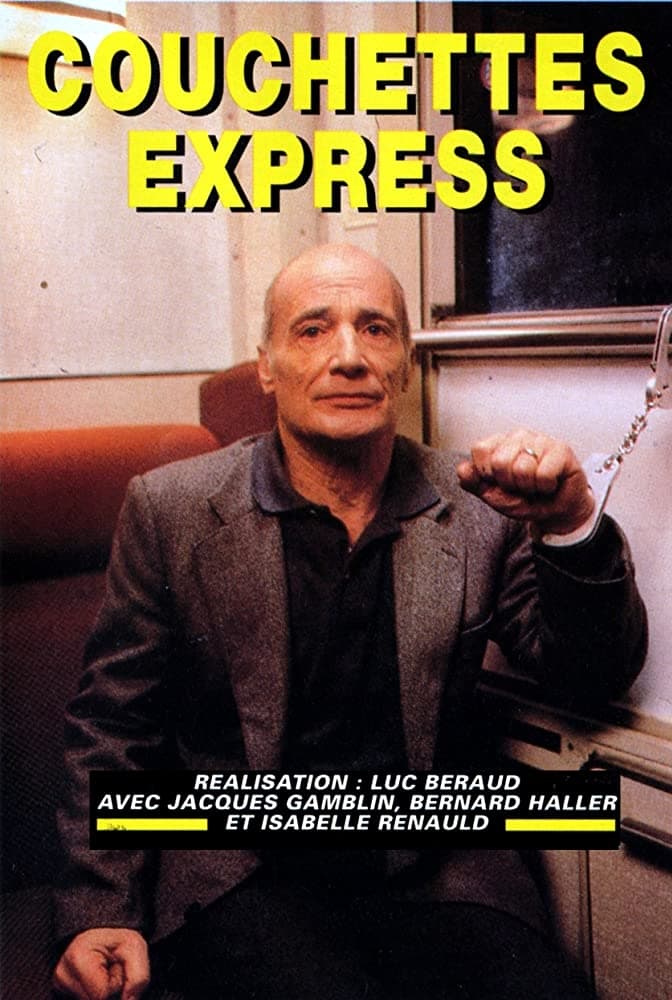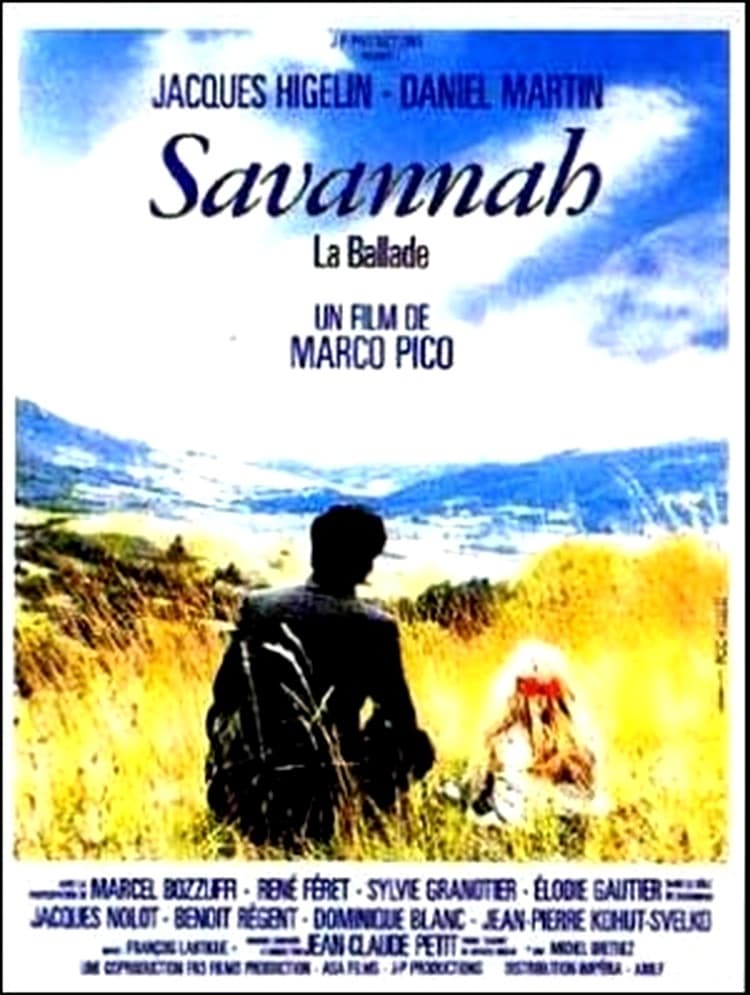

June 1946: Stalin invites Russian emigres to return to the motherland. It's a trap: when a ship-load from France arrives in Odessa, only a physician and his family are spared execution or prison. He and his French wife (her passport ripped up) are sent to Kiev. She wants to return to France immediately; he knows that they are captives and must watch every step.

Antoine steward on the night train Paris-Venice. He must cards and identity documents of travelers in 'his' pick wagon. One day, a passenger, Jean-Bernard, for protection. He suffers from an unknown illness and he is not alone on the run for scholars who want to use him as a guinea pig, but also for Brandeburg, a trader in human organs.

Colin and Mailland are small-time crooks on the run who are surprised to find the seven-year-old runaway Savannah is along for the ride. The police and her parents fear she has been kidnapped, and a massive manhunt is launched with orders to shoot to kill the alleged perpetrators. The lovable little girl soon melts the hearts of the crooks, as the trio enjoy an unlikely but sentimental friendship.
René Féret (26 May 1945 – 28 April 2015) was a French actor, screenwriter, film director and producer. His film Solemn Communion, was entered into the 1977 Cannes Film Festival. In The Man Who Wasn't There (L'Homme qui n'était pas là), his 1987 film adaption of Roderick MacLeish's novel, he played alongside Claude Jade in the leading role of Charles Elaine. Very much an independent creator, Féret made several films around an invented family living in northern France, the Gravets, but based on his own life experience. He often used members of his own family in his films. Féret also turned to marginal individuals, in trouble: a man sent to a psychiatric hospital in Histoire de Paul (1975), a hermaphrodite in Mystère Alexina, old age in Rue du Retrait (2000) and cancer sufferers in Comme une étoile dans la nuit (2009). Later in his career he turned his attention to historical artistic figures (Nannerl, la sœur de Mozart, 2010), Anton Tchékhov 1890 (2015). He work was described as “subtle and possessing great sensibility”. Source: Article "René Féret" from Wikipedia in English, licensed under CC-BY-SA 3.0.
By browsing this website, you accept our cookies policy.